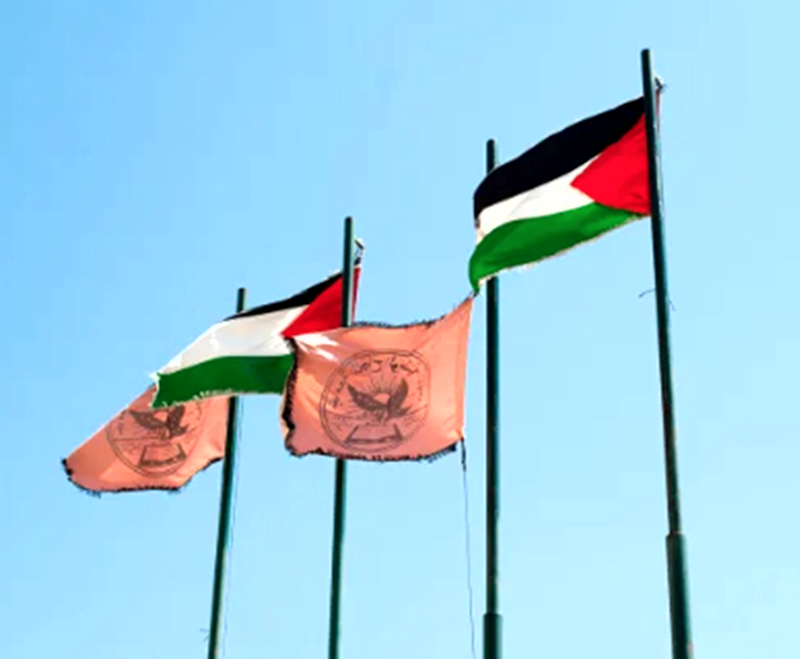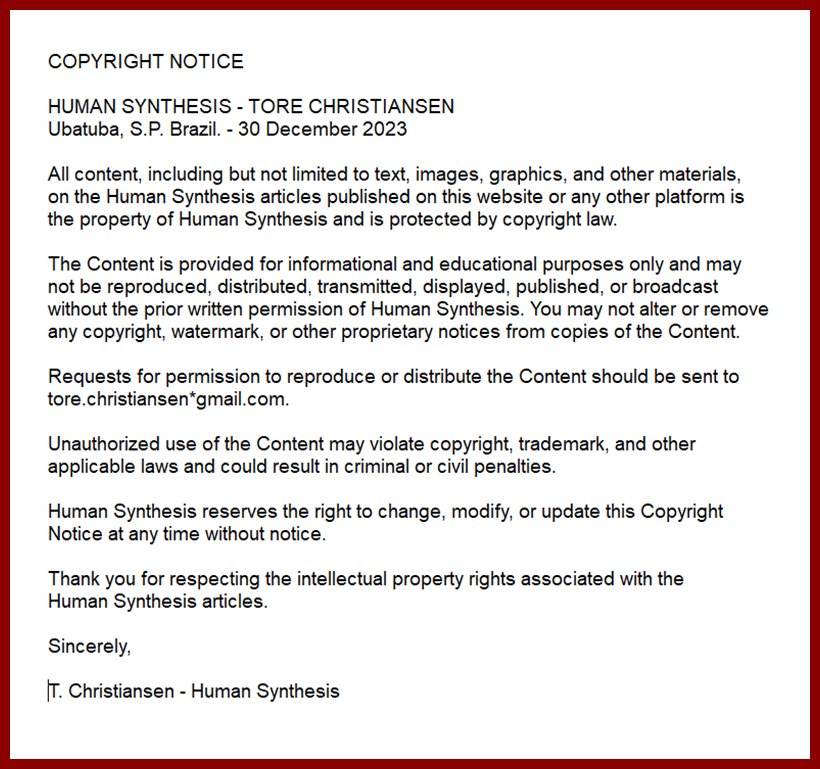ISRAEL JUST CHANGED HOW LAND OWNERSHIP WORKS.

By SheerPost-Qassam Muaddi- June 13, 2025
Until last month, Palestinians in the West Bank preserved their land ownership certificates in case their land was claimed by the Israeli state or by Israeli settlers.
But a recent Israeli government decision made their lands in the West Bank open to property registration by anybody, including settlers — forcing Palestinians to seek their land ownership recognition by the Israeli state or see the ownership of their lands transferred to Israeli hands.
Earlier this month, the Israeli government approved a decision to resume the land registry process for lands in Area C of the West Bank after decades of freezing. The decision entails grave consequences for Palestinian ownership of land in what constitutes 60% of the West Bank, as it puts an end to the treatment of Palestinian lands in Area C as occupied territory — instead treating them as a part of Israel.
How land registration started
Shortly after its occupation of the West Bank in 1967, Israeli military orders froze the land property registration process. This process had an important phase after the annexation of the West Bank by Jordan following the Nakba, when Jordanian authorities enabled land registration for the West Bank. Most Palestinians held these Jordanian property titles for decades after Israel froze the process following the occupation of the territory.
In the agreements subsequent to the Oslo Accords between Israel and the Palestinian Authority in the 90s, the lands of the West Bank were categorized into Areas A, B, and C. Area A includes the central cities, where the Palestinian Authority has civil and security control, but where Israeli forces regularly enter to arrest Palestinians.
Area B includes the urban areas of towns and villages, where the Palestinian Authority has only civil control, but no security presence, as the Israeli army controls these areas. Area C, which represents more than 60% of the West Bank, includes the best arable lands, water resources, borders, and hilltops. It is in these lands where Israel has been advancing its settlements for decades.
In the early years after the Oslo Accords, the recently established PA took over the land registration in Areas A and B, but its administration also produced property titles in Area C, although it has no control or presence in these areas. As far as Israel is concerned, the registration of Palestinian land ownership in Area C remained frozen, and these lands remained under Israeli military administration and military orders.
What the decision means legally
The Israeli government’s recent decision to resume the land ownership registration in Area C considers all PA land ownership titles as “null and void.” This means that Palestinian owners of lands in Area C have no legal proof of their ownership before Israeli government bodies, except their old Jordanian titles, which in many cases don’t include the subsequent generations of heirs. This means that the entire process is automatically set back several decades for Palestinians.
But this decision also has a deep political implication, because Palestinian lands are no longer treated by Israel as militarily-administered lands, as they have been since 1967. Instead, Israel is placing the registration of land ownership in the hands of civil governmental bodies, which is in and of itself a practical implementation of annexation.
More importantly, this opens the door to legalizing Israeli settler control of these lands.
“Palestinians are now forced to prove their legitimate ownership of their lands in front of Israeli courts, which are themselves biased,” Abdallah Hammad, advocacy director at the Jerusalem Legal Aid Center (JLAC), told Mondoweiss.
“Most lands in the West Bank are private lands whose owners have Jordanian documents proving that they paid taxes for their land ownership, but they hadn’t yet finished the ownership registration process when the 1967 occupation happened,” Hammad explained. “With the occupation restricting access to lands in Area C and restricting the Palestinian agricultural economy, devaluing the economic value of these lands, they become eligible to be declared for ‘public use.’ Then there are lands that were already state lands under the Jordanian government, and are thus public lands. But they don’t belong to the Israeli state legally.”
Hammad said that the main difference that this new decision makes is that it opens the door to register both unused lands and Jordanian state lands as Israeli state lands. “Before the decision, the Israeli government would declare a land as being ‘for public use,’ and the Palestinian owner would oppose that declaration in Israeli courts,” Hammad explained. “But now, lands that have no recent private ownership titles or that fall in the category of ‘public land’ will be registered as Israeli state lands, and that will make them easier to use for settlement expansion and legalizing settler outposts.”
“This is annexation happening before our eyes,” Hammad emphasized.
Decades of colonization
For Palestinians, the Israeli government’s decision means that the hopes of saving their lands have become more distant.
“We have been holding to the hope of safeguarding our lands until some political solution takes place, but now it seems that the only scenario ahead is the complete loss of our land,” a Palestinian landowner in the town of Taybeh, east of Ramallah, told Mondoweiss, asking not to be named.
“When I was a child, we used to work the lands east of the town overlooking the Jordan Valley, just like our fathers had done for centuries,” he recalled. “We alternated between cultivating wheat one year, and other grains like chickpeas and lentils the following year. My family produced three tons of wheat, from which we took our needs to make bread, because all the bread we consumed came from these lands, and we exchanged the rest for other products or sold it.”
“After 1967, our work on the land decreased because our produce lost a lot of value, and we couldn’t live off the land anymore. Many began to work in Israel as construction workers, while others like me sought an education abroad,” he detailed.
“During this period, Bedouin families from the Jordan Valley began to use our lands to graze and live on, and this was a situation that allowed us to protect the land from confiscation by Israeli authorities, especially after these lands were classified as Area C in the 1990s. We also went on with the registration process before the PA and got our property deeds, and we thought that this would help us prove our ownership,” the landowner pointed out.
Now, the Israeli government has deemed those PA property deeds worthless. But this process did not start after October 2023. The Taybeh resident explained that Israeli authorities were already treating PA property deeds as of secondary value many years earlier.
“In 2020, Israeli settlers started a small outpost on our eastern lands, classified as Area C, and began to herd cows on them and pushed the Bedouins away,” the Taybeh landowner explained. “When a group of landowners, including myself, went to stand with the Bedouins and took our property deeds with us, the Israeli police at the site told us that our Palestinian property deeds were useless, and that we needed to get new Israeli ones. That was five years ago already.”
In fact, the Israeli army’s Civil Administration branch advised the Israeli government to open land property registration in Area C of the West Bank in November 2020. The Israeli daily Israel Hayom at the time reported that the former head of Israeli settlements described the Civil Administration advice as “a way to impose Israeli sovereignty over all of the West Bank and not just the Jordan Valley.”
The Israeli news outlet described the then-proposal as “the most important step to legalize settlements,” which will have “dramatic implications on the conflict over land ownership between Palestinians and Israeli settlers, in favor of settlers.”
“The consequences of this decision paint a very grim outlook for the future,” said Abdallah Hammad from JLAC. “This will turn things upside down like never before, as it won’t be Israeli settlers demanding to get their outposts legalized. They will be legalized almost immediately, while Palestinians will be made into strangers, forced to justify their claim over the lands of their families and ancestors.”
“When I hear people talking about the risk of annexation, I tell them: this is annexation. It has already begun, and it is advancing.”
“Most of the lands of our town are in Area C,” the Taybeh landowner emphasized. “They have names. They are in our songs, our traditions, memories. Our families lived off these lands for generations, and all of this is being denied.”
“We have been holding onto our lands for decades, hoping to protect our rights to them, but today we feel that all our hopes have been in vain,” he added. “We feel that we’re going to lose our lands with the whole world watching.”
Please share this story and help us grow our network!
Qassam Muaddi
Qassam Muaddi is the Palestine Staff Writer for Mondoweiss. Follow him on Twitter/X at @QassaMMuaddi.
